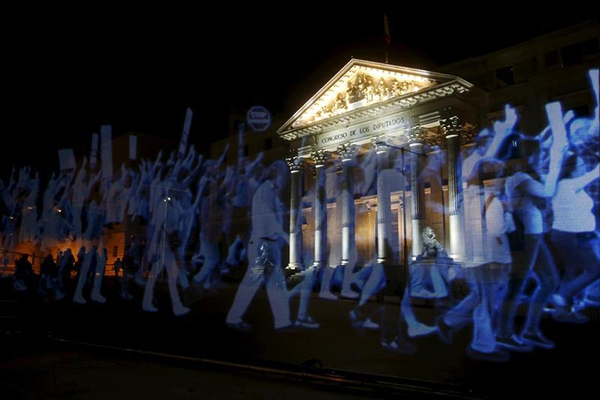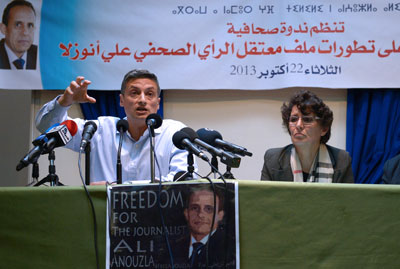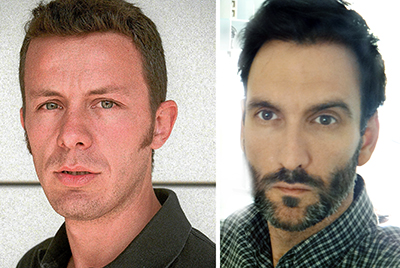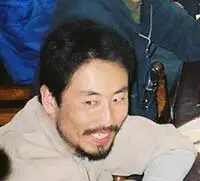Balancing Act
The European Union is struggling to balance its ideals as a global leader in press freedom with its member states’ criminal defamation and blasphemy laws and counterterrorism measures. Despite an outward commitment to press freedom, in many cases the EU lacks a robust mechanism to hold member states accountable when they renege on their commitments.…
Balancing Act
StoryMap: Press freedom in EU candidate countries Press freedom is a key factor for countries working toward EU membership. Currently five countries—Albania, Macedonia, Montenegro, Serbia, and Turkey— and two potential candidates—Bosnia-Herzegovina and Kosovo— are applying to become member states. This StoryMap explores the challenges journalists in those countries have faced in the past five years….

Why Spain’s new gag law is threat to free flow of information
On July 1 a public security law is due to come into force in Spain amid an increasingly vocal chorus of concern among the media and press freedom groups. The bill–dubbed the “ley mordaza,” or “gag law,” by opposition groups–would define protests in front of parliament and other government buildings as a “disturbance of public…
EU ‘right to be forgotten’ ruling will corrupt history
Google has taken its first public steps to comply with a troubling ruling by the European Court of Justice establishing a so-called “right to be forgotten” throughout the European Union. The ruling, on May 13, requires that search companies consider individuals’ demands to remove Internet links that reference them, and to give those requests priority…
EU underscores support of free expression, but slights access to information
A new document on freedom of expression and opinion, adopted May 12 by the 28 foreign ministers of the European Union, presses nearly all the right buttons. Drawing its inspiration from international human rights norms as well as from the EU’s treaties and its charter of fundamental rights, the document reaffirms the role of freedom…

Morocco accuses Spain’s El País of inciting terrorism
Morocco’s inclination for wielding terrorism accusations against journalists and news outlets who report on extremist groups has extended to Spain, where authorities are investigating El País newspaper and one of its journalists at the behest of the Moroccan government.

Two Spanish journalists abducted in Syria
New York, December 10, 2013–The Committee to Protect Journalists calls for the immediate release of two Spanish journalists who were abducted in Syria almost three months ago. Javier Espinosa and Ricardo Garcia Vilanova have been held captive by the Al-Qaeda affiliate Islamic State of Iraq and Sham (ISIS) since September 16, the families of the…

